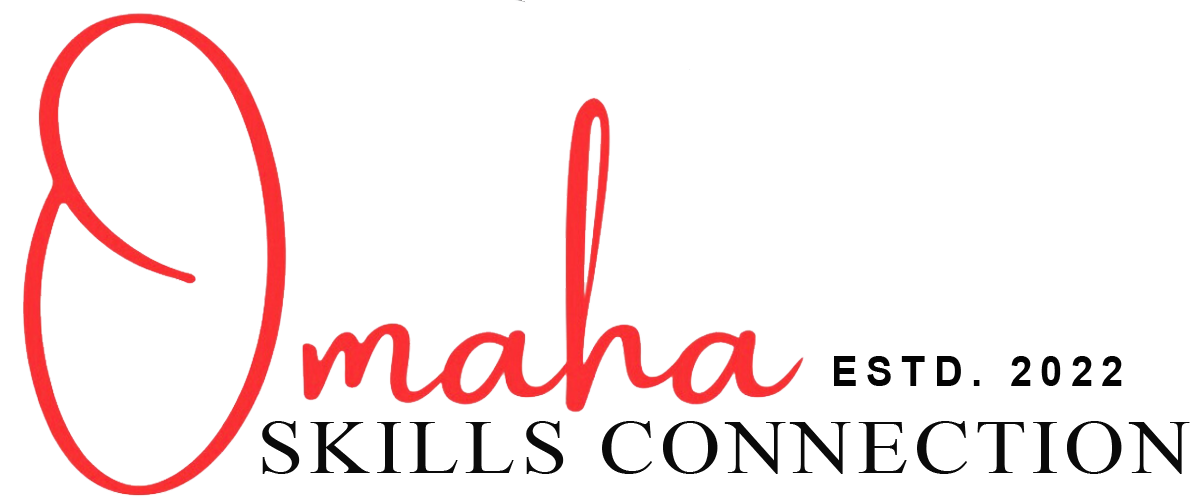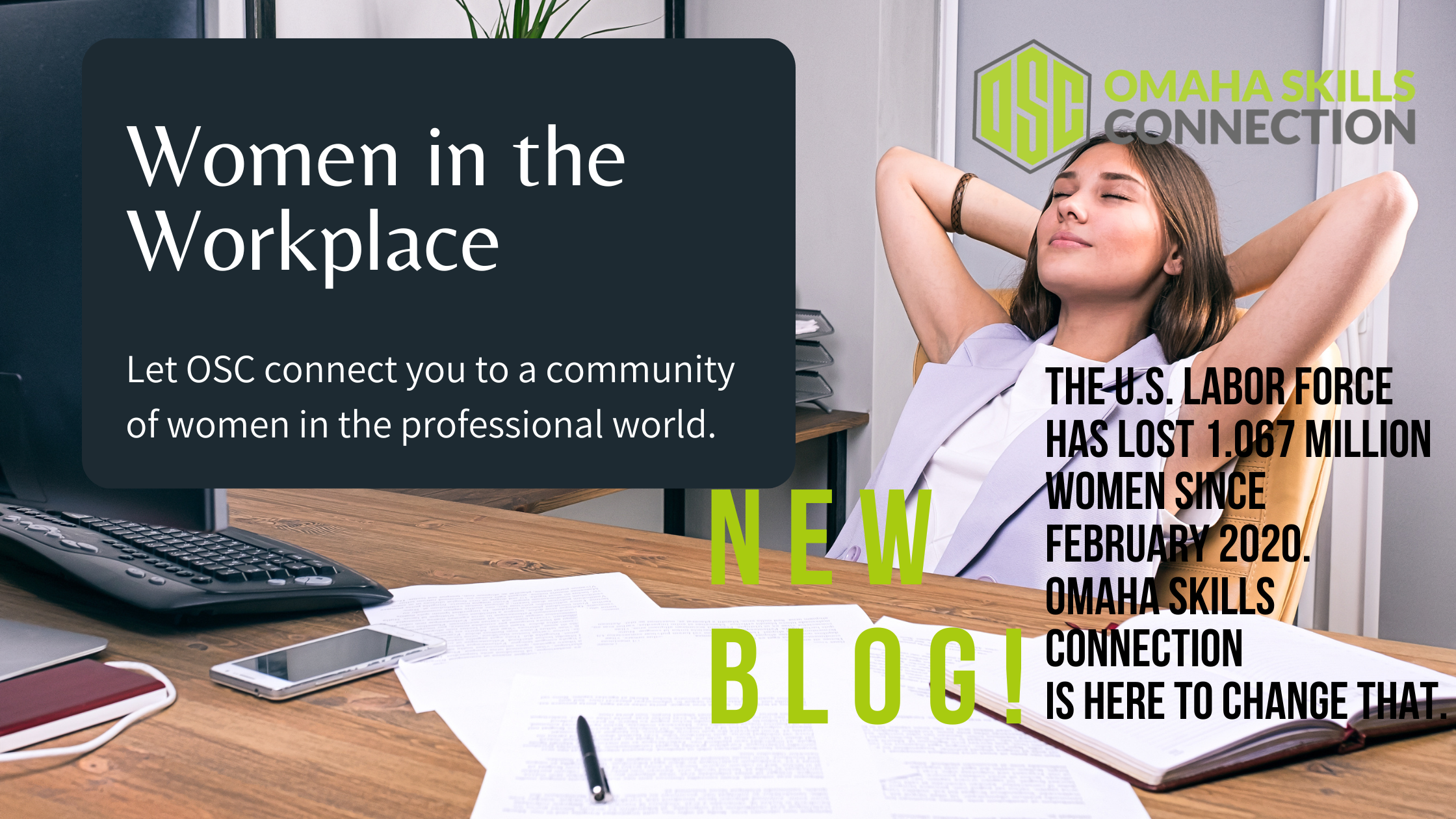By: Katherine at the University of Nebraska at Omaha, as part of Heather Nelson’s Service Learning class.
Women face many barriers in the workforce, and the effect of the pandemic has made this very clear. Since February of 2020, the workforce has lost 1.067 million women, according to Fortune. This change results in a 4.6% unemployment rate among women, nearing the upper end of a healthy rate. That statistic is an average of all women, but we see different rates among Black and Latina women. The unemployment rate for Black women is 8.5% and 6.1% among Latina women. These statistics are a cause for concern and speak to the disadvantage women face in our economy.
Though society has come a long way in terms of equality, there is still progress to be made. There are quite a few prominent issues that require advancement. Some of these include, harassment and discriminatory behavior, underrepresentation of women in executive roles, lack of childcare support, and the gender pay gap.
Racial discrimination is unfortunately still very prevalent in the workplace. In a survey done by Essence magazine, responses showed that nearly half of Black women experience racism most frequently at work. 45% of Black women shared they experienced racism while applying for jobs and 44% experienced discrimination during consideration for promotions or equal pay. These alarming statistics exemplify the desperate need for reform.
In terms of representation among women in leadership roles, women are still a minority. Though women earn 58% of bachelor’s degrees on average, men continue to outpace women in leaderships roles. In 2022, Lean In study’s findings show women make up 25% of C-suite executives, and only 5% of these executives are women of color. This comes as a result of an array of systematic barriers; identifying these displays how imperative it is to prioritize support for women in the workforce.
Creating support networks can empower women to lead and drive real change. Bringing awareness to these issues and increasing education about the persisting inequalities will pave the way for further change. Local organizations, such as Omaha Skills Connection, can bring communities together to promote the advancement we’re hoping to see.
Omaha Skills Connection is a 501c3 non-profit organization located in Omaha, Nebraska established as a result of the post pandemic era to help bridge the skills gap between education, technology and today’s workforce. Omaha needs an educated, flexible, and dynamic workforce in today’s knowledge-based economy. OSC connects talent to opportunity, modernizing employee development for today’s workforce.
References
Fortune.com, LeanIn.org, Essense.com
#OSC #OmahaSkillsConnection #OmahaWomen #EmpowerWomen #StandTogether #ProfessionalWomen #PromoteEquality #OmahaCareers

